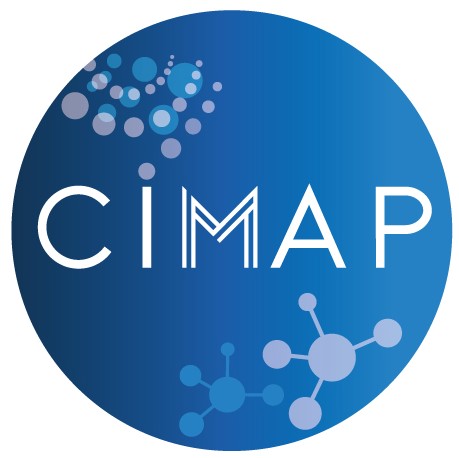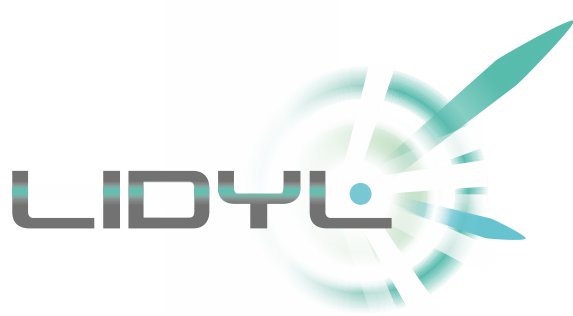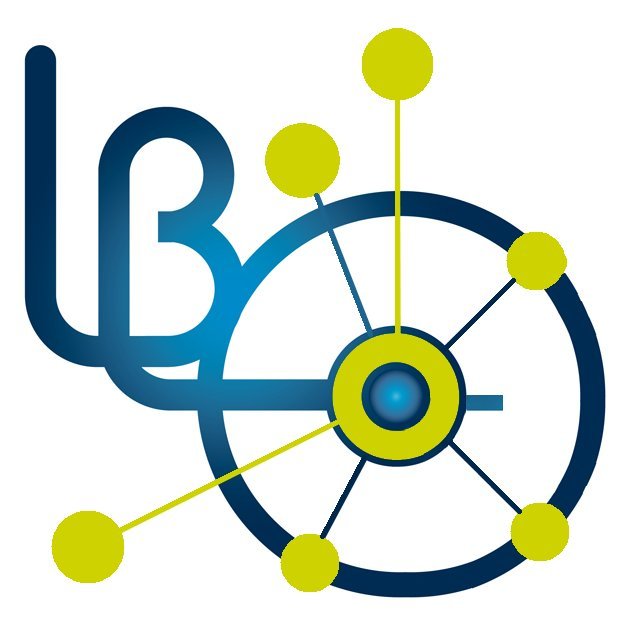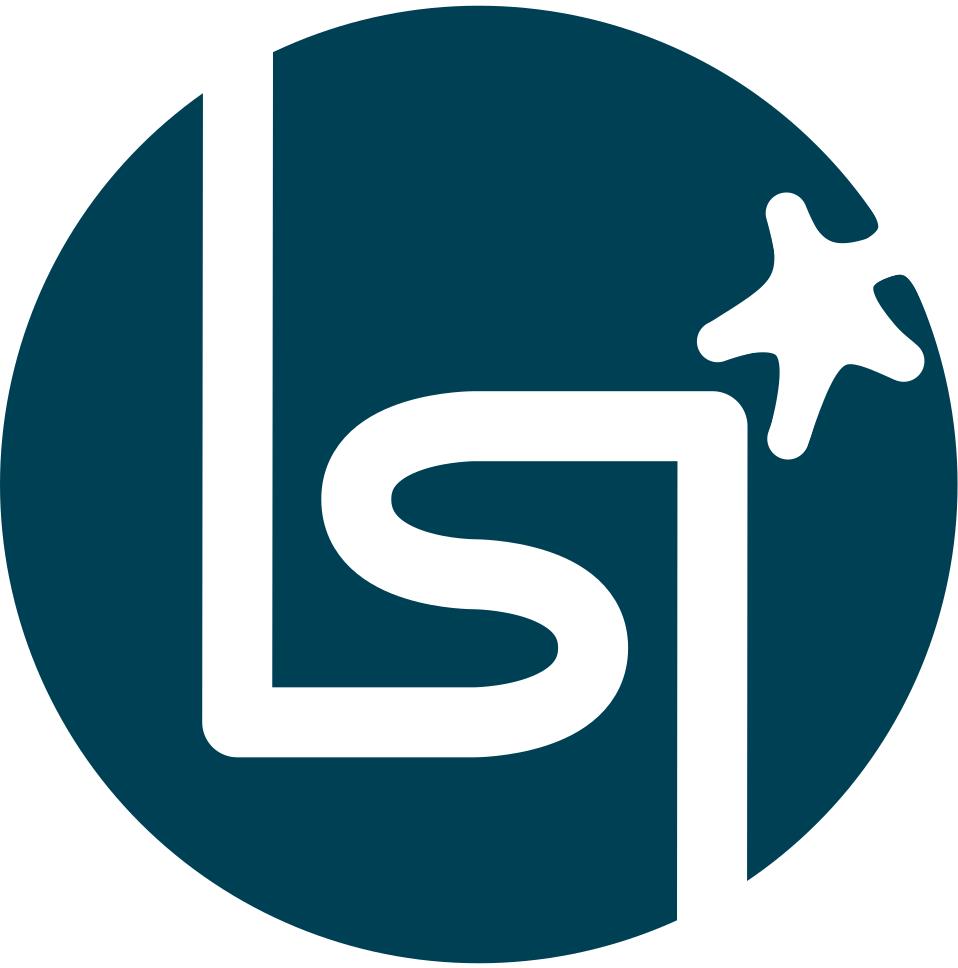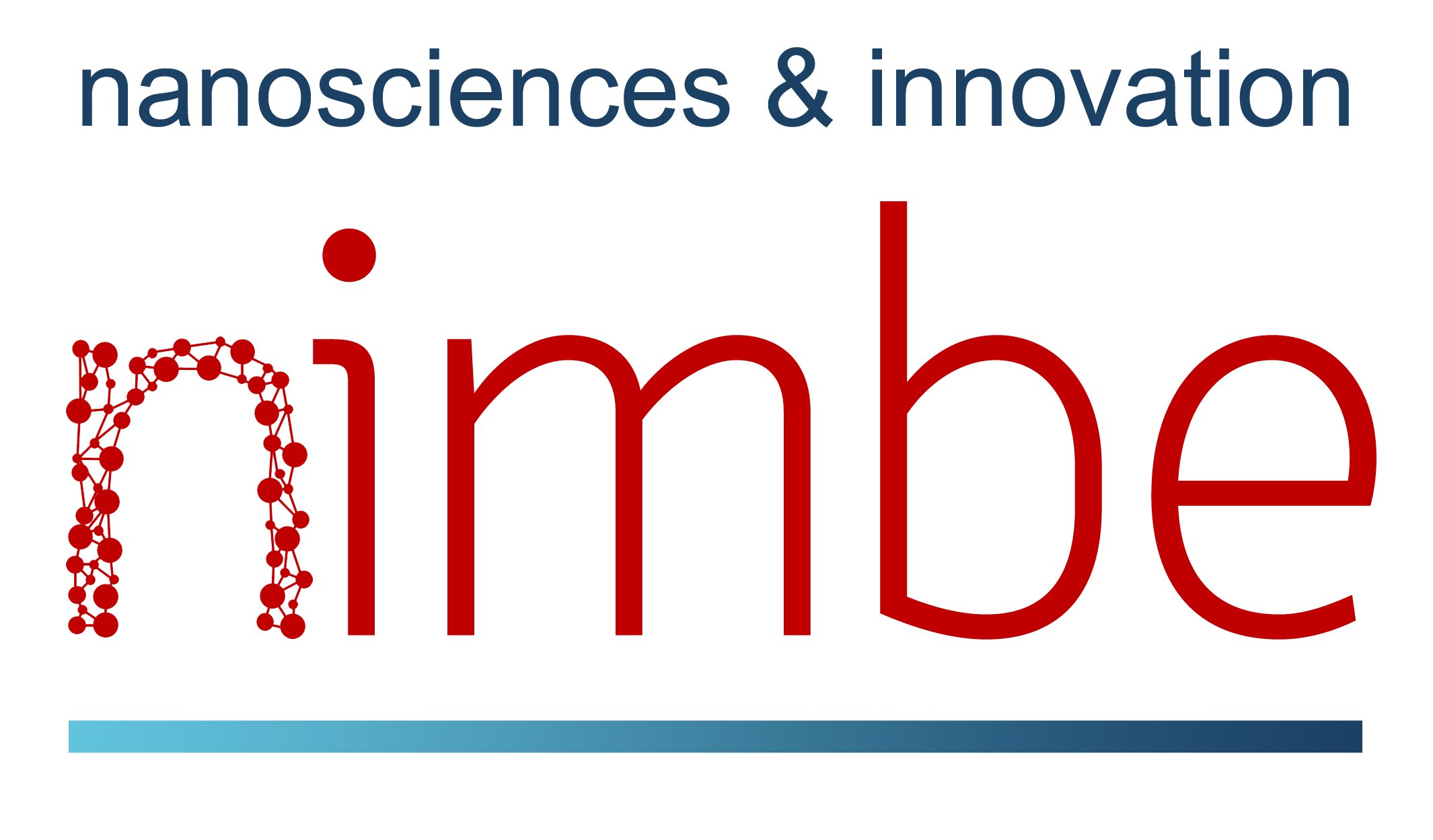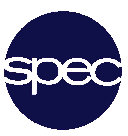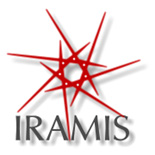| 3 sujets IRAMIS/LLB |
Dernière mise à jour :
Virtual neutron scattering experiments from the moderation to the neutron detection.
SL-DRF-24-0317
|
Contact : |
Starting date : 01-09-2024
| Contact : |
|
| Thesis supervisor : |
|
Laboratory link : https://www-llb.cea.fr/
More : https://iramis.cea.fr/llb/Phocea/Vie_des_labos/Ast/ast_sstechnique.php?id_ast=2755
Spin, Symmetries, Topology and Altermagnetism
SL-DRF-24-0370
|
Contact : |
Starting date : 01-10-2024
| Contact : |
|
| Thesis supervisor : |
|
Personal web page : https://iramis.cea.fr/Pisp/sylvain.petit/
Laboratory link : https://iramis.cea.fr/llb/NFMQ/
The goal of this thesis project is to extend our understanding of spin groups in condensed matter especially in the direction of altermagnetism and topological materials.
Quantum fragmented states in frustrated magnets
SL-DRF-24-0371
|
Contact : |
Starting date : 01-10-2024
| Contact : |
|
| Thesis supervisor : |
|
Personal web page : https://iramis.cea.fr/Pisp/sylvain.petit/
Laboratory link : https://iramis.cea.fr/LLB/NFMQ/
The study of spin liquids is therefore a key technological issue, and the aim of this thesis project is to contribute to this fundamental research effort.

